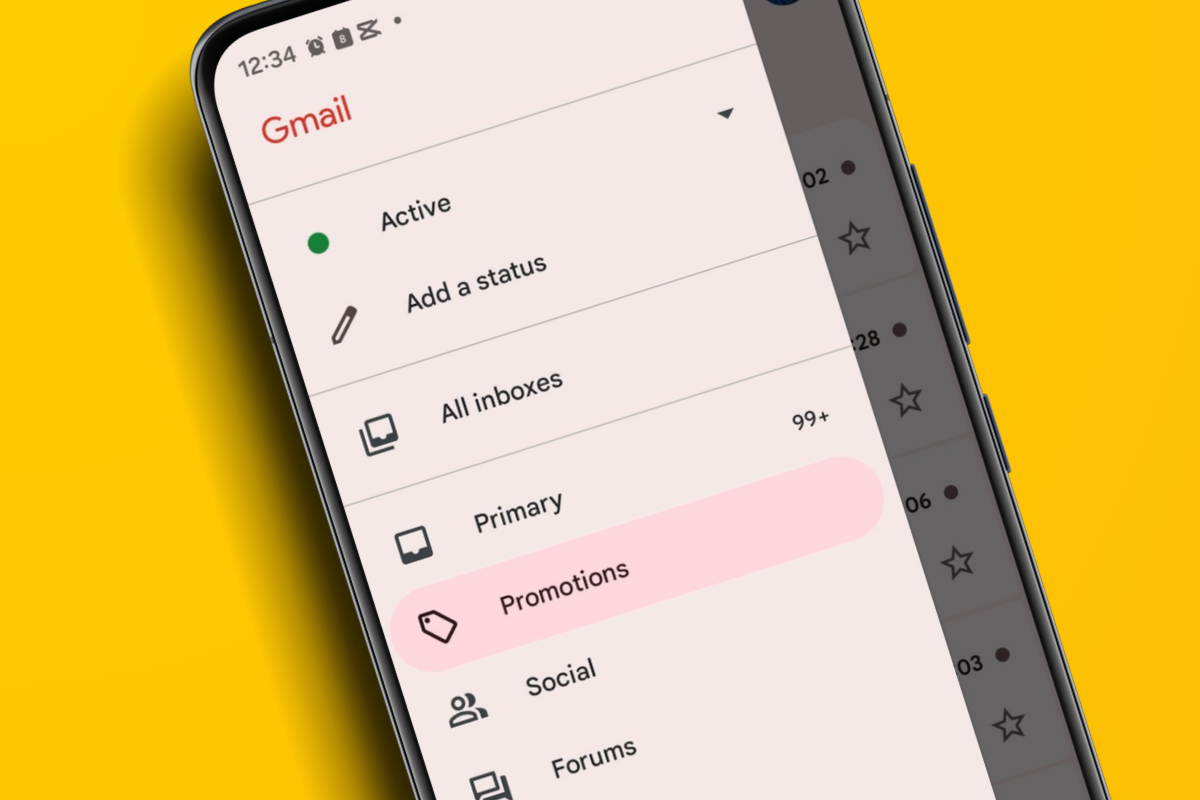
TL;DR? An Overview of Google Ad Grants
- Eligible UK charities can access £7,500 per month of free ads on Google’s search engine
- To qualify, you must be registered with the charity regulator in England and Wales (Charity Commission), Northern Ireland (NICC) or Scotland (OSCR); or HMRC as charitable tax-exempt charities or churches. You must also agree to Google’s additional terms and conditions
- When you apply, an independent body will verify your charitable status
- You can only use your Google Ad Grants account to run text ads on Google’s search engine. You cannot use it for display advertising or remarketing
Could Your Charity Benefit From Free Ads On Google?
Are people searching the internet for the kind of support your charity provides?
If the answer is ‘yes’, then you’d probably benefit from running search engine ads to help give you a better chance of being found, alongside your organic appearance in Search Engine Results Pages or SERPs.
Google is by far the most popular search engine, accounting for around 85-90% of all internet searches.
Now, imagine being able to get your charity brand and content in front of people conducting relevant searches on Google with ads that you don’t even have to pay for.
That’s what Google Ad Grants are all about.
What Are Google Ad Grants For Charities?
Google has a very generous programme for eligible non-profits that it calls Google Ad Grants.
Charities in the UK that successfully apply for a Google Ad Grants account can then access £7,500 a month of FREE ads on Google’s search engine.
Google says that its non-profit programme can be used to help charities:
- Raise awareness
- Attract donors
- Recruit new volunteers
The Challenges of Using Google Ad Grants Effectively
£7,500 of free ads sounds amazing, but making Google Ad Grants work for your charity isn’t easy.
They work by providing Google with lists of keywords and phrases that you expect people in your target audience to use when searching the internet. When people type in these words and phrases, Google matches them to your campaigns and serves up your ads in and among all the other search results.
For instance, let’s say you’re a local charity offering services to improve mental health in adults affected by domestic abuse. You might want to promote your free and confidential helpline so that people looking for support know how to access yours. You could decide to run ads that target broad keywords such as ‘domestic abuse support’ and lengthier phrases like ‘depressed after domestic abuse where can i get help’.
But here’s the crux of the problem: your ads will only work if people are conducting relevant searches in big enough volumes. So if not enough people are using the internet to find the help they need, there’s no opportunity for your ads to be shown.
That means you have to:
- Do plenty of keyword research. Identifying the searches that are performed the most is crucial to success.
- Think tangentially. As well as directly related searches, consider other things people in your target audience might be looking for, and that would give you an opportunity to serve ads that they’ll see as relevant.
- Invest in other channels at the same time. The Google Ad Grants programme is not a panacea; it works best when used in conjunction with other promotional marketing activities, including content marketing and SEO, paid Google ads, and ads on social media.
Then, you have to make sure that the ad copy you use (the words people see in your ads) is directly relevant to the search being performed, and that the destination your ads click through to is also relevant to the search that triggered your ads to show in the first place.
What To Avoid When Using Google Ad Grants
There are several mistakes we see charities repeat when attempting to get results with their free ad spend.
- Bad keyword targeting. Charities either target keywords and phrases that simply don’t get enough search volume, or they target keywords relating to rival charities in the same space (for instance, a London homelessness charity targeting ‘Shelter’ and ‘Crisis’)
- Poor ad copy. Your ad needs to immediately convey relevance in order to get attention and drive clicks. If someone searches for ‘mental health counselling services’ and that's something you offer, your ad needs to lead with this; it’s pointless using an ad like ‘We’re a leading mental health charity. Learn more’ - it doesn’t address the intent behind the search and focuses too much on you, not your audience
- Mismatched online destination. This is a glaring error we see a lot. If someone searches for ‘foodbanks near me in stockport’ and sees one of your ads that reads ‘Access our Stockport foodbanks’, their expectation when clicking the link in your ad is that they’ll arrive on a page that tells them all about where your foodbanks are in Stockport, who is eligible to use them, and when they’re open etc. If you simply send them to your homepage, or indeed any other page that doesn’t immediately address their search intent, people will just leave straight away (you’ll see this in your website analytics - page visits will all be well under 10 seconds)
Case Study: How We Helped A National Cancer Charity Get Better Results With Google Ad Grants
Cancer Support UK exists to make life a little better for people with and after cancer. It provides free kits full of practical, comforting items to adults and children having cancer treatment, free coaching services to adults who have successfully completed treatment and are in remission but that are facing ongoing emotional challenges, and workplace cancer support training for businesses.
When we first began working with this charity, its Google Ad Grants campaigns were not generating the desired results.
To improve things, we stripped-out all underperforming keywords and phrases.
We then researched what people were actually turning to the internet for, and soon discovered that most people look for information about incidence rates, symptoms, treatment, survival rates, recovery, and recurrence rates for the various different types of cancer. With this knowledge, we helped the client to build a set of online resources pages for common cancers, and then created campaigns that specifically targeted related keywords and phrases, serving hyper relevant ads that send people to pages that answer their queries.
For instance, someone searching ‘bladder cancer symptoms’ will be met with an ad that refers to this exact query, with a promise to provide helpful information, and that sends people to a page all about bladder cancer, including symptoms to watch for and when to see a GP.

The result was a massive increase in traffic to the client’s website. Whilst visitors were able to access the information they were seeking, therefore satisfying their search intent, they were also exposed to the client’s brand and introduced to all the different forms of support it provides.
- Extra visibility in search results
- Greater brand awareness
- Increased website traffic
- More people supported
- Better use of Google Ad Grants
Key Takeaways: Google Ad Grants for Charities
- Google Ad Grants is a generous programme offered by Google that provides eligible charities with £7,500 a month to spend on ads which run on Google’s search engine
- When used effectively, Google Ad Grants campaigns can successfully boost brand awareness and website traffic
- Success with Google Ad Grants campaigns isn’t always easy, and depends on solid keyword research and an in depth understanding of audience needs, coupled with ad copy that resonates and secures clicks, and website destinations that match search intent
- If you target the wrong keywords, and don’t serve ads that clearly relate to the searches being performed, and which send people to pages that do not specifically and directly address the search they were undertaking, you will not achieve the desired results with Google Ad Grants
- Make sure that your website handles cookie consent properly or Google will automatically apply data sharing restrictions, and may even limit your ads from showing.
Want hands-on help applying for and then making the most of your Google Ad Grants? Or already have an account but want to improve your results? Click here to book a free, no-obligation discovery call with us to explore how we can help.
What's happening
Our latest news and trending topics



